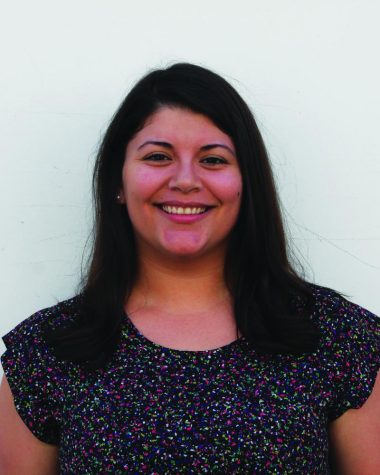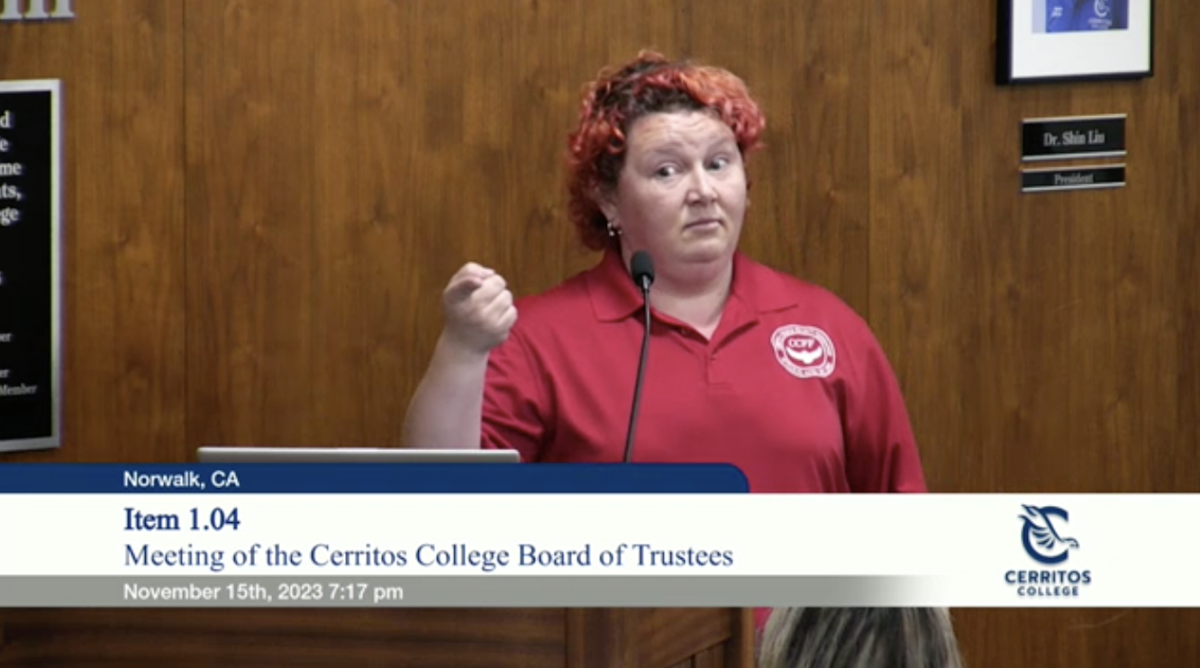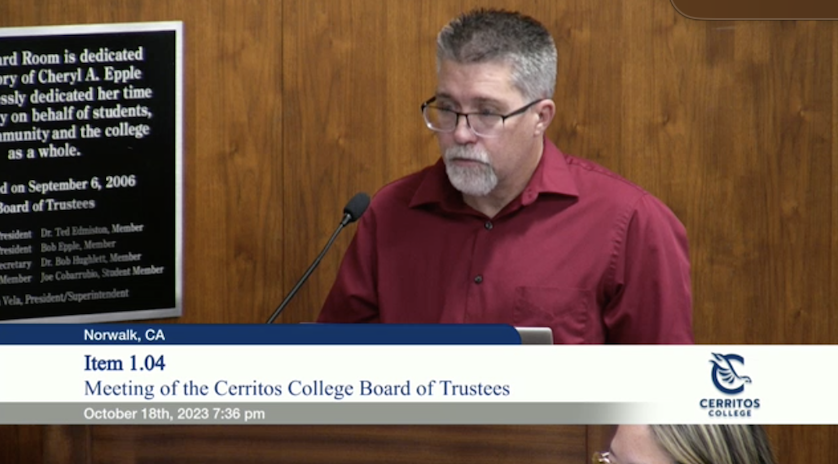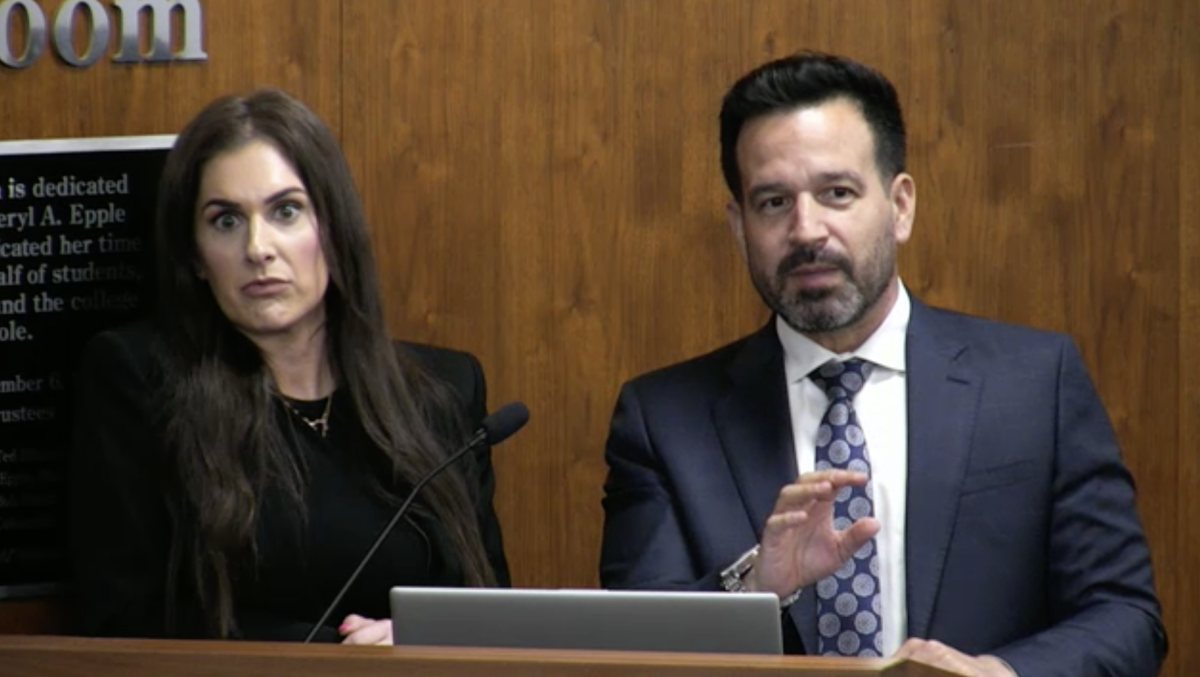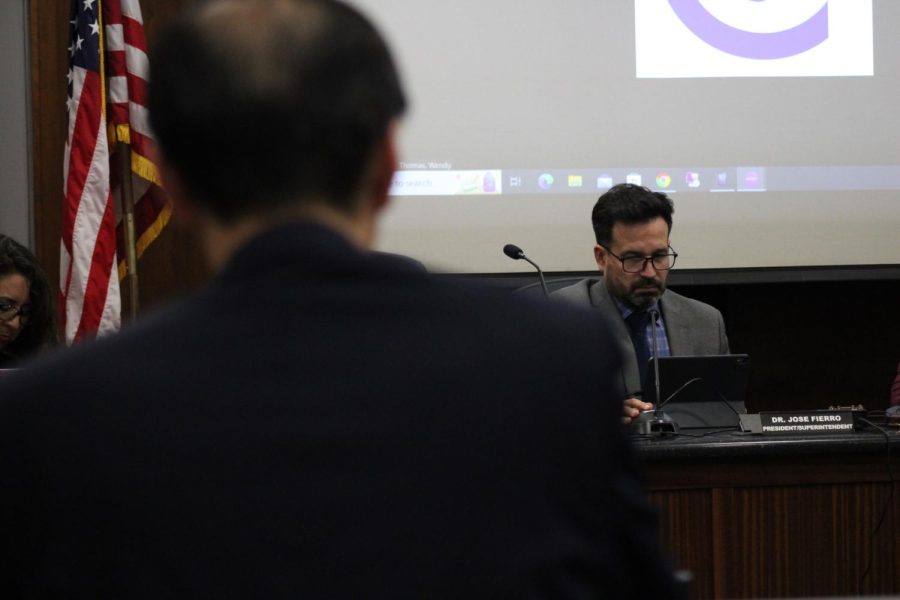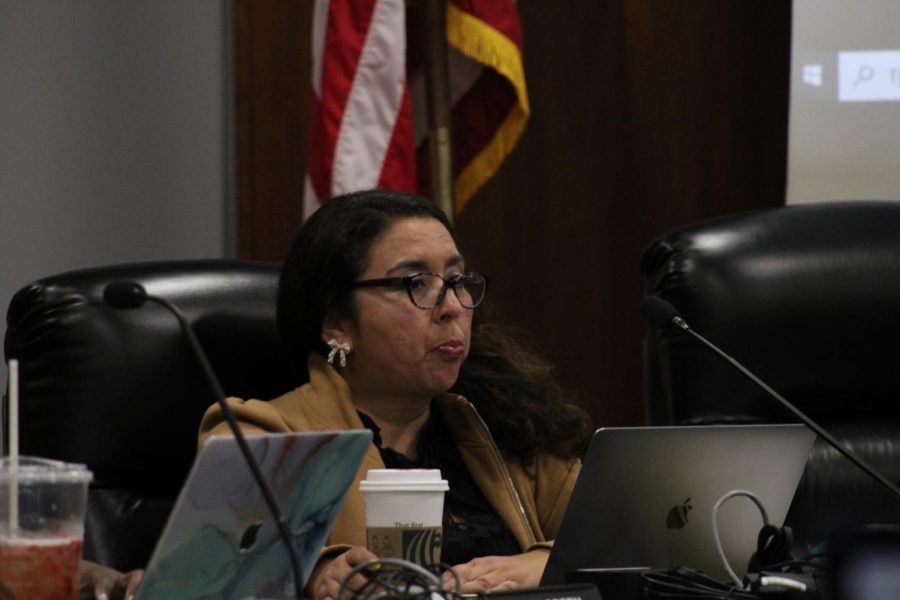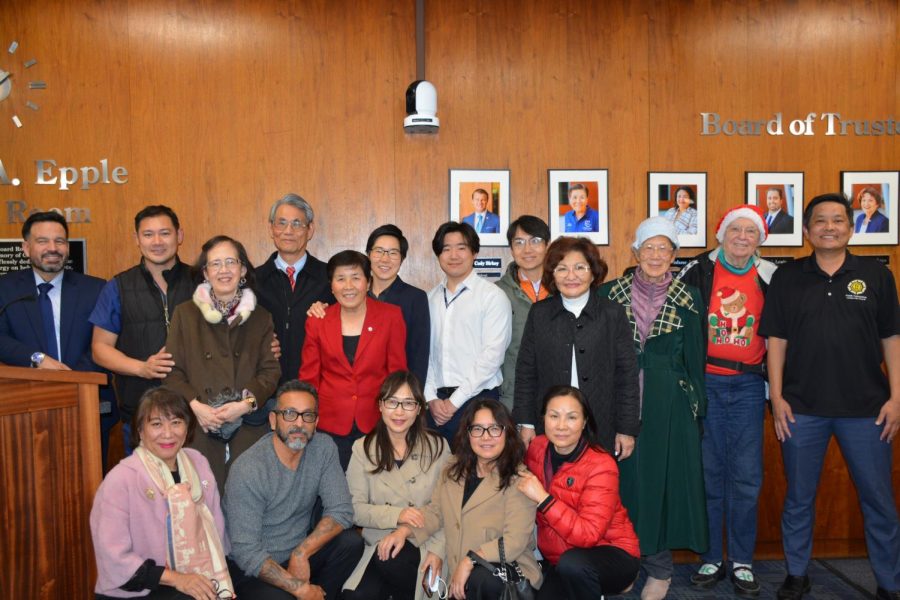In light of growing deficits, the Board of Trustees is on the hunt for extra money and may be looking to tap into some funds that were previously allocated to ASCC.
It’s Sept. 6 meeting, the board reviewed a “Request for Proposals for Food and/or Concession Services” item that allows the board to review the RFP’s for the 2018-19 budget.
Because it was an informational item, no action was taken, however, Trustee Marisa Perez felt that the board should explore “all revenue sources.”
The total of the food vendors, bookstore and vending machines commissions is roughly $295,000 that can be affected each year, for the next three years, if the board decided to pursue the reallocation of that 10% the district typically grants to ASCC.
In the amount of food vendor gross sales per month — 10% goes to ASCC, while 1% goes to the school district.
The 10% translates to approximately $160,000.
Currently, $135,000 is being redistributed to the Cerritos College Gift Campaign, which is being diverted from the bookstore sales and vending machine commissions.
ASCC Vice President David Ramirez said, “Historically, we have always received that 10% to provide services to the students.”
He is upset that the board members may want to look into redistributing the 10% to reduce the college budget’s deficit of $3.6 million.
Student Trustee Raul Avalos spoke against any exploration of reallocating the fund receives.
If the board takes that money from ASCC, it will prevent the students from receiving a better experience as the money taken would affect all areas of the ASCC budget.
Avalos has asked the board not to touch the money.
“That 10% will reduce [the] ASCC budget which will cause [reduced] spending on clubs, events, athletics and so on,” Avalos said.
However, Perez feels that the way the money is allocated should be discussed “across the campus as we re-bid our food services contract and re-negotiate these contracts.”
She mentioned that the students and employees are required to weigh in on a direction which will be “forwarded to the board for consideration.”
In order to offset the reduction of revenue, non-academic fees would have to be increased by $10.
Ramirez encourages students to talk to their trustees and advocate for ensuring that the money will remain in students’ hands.



